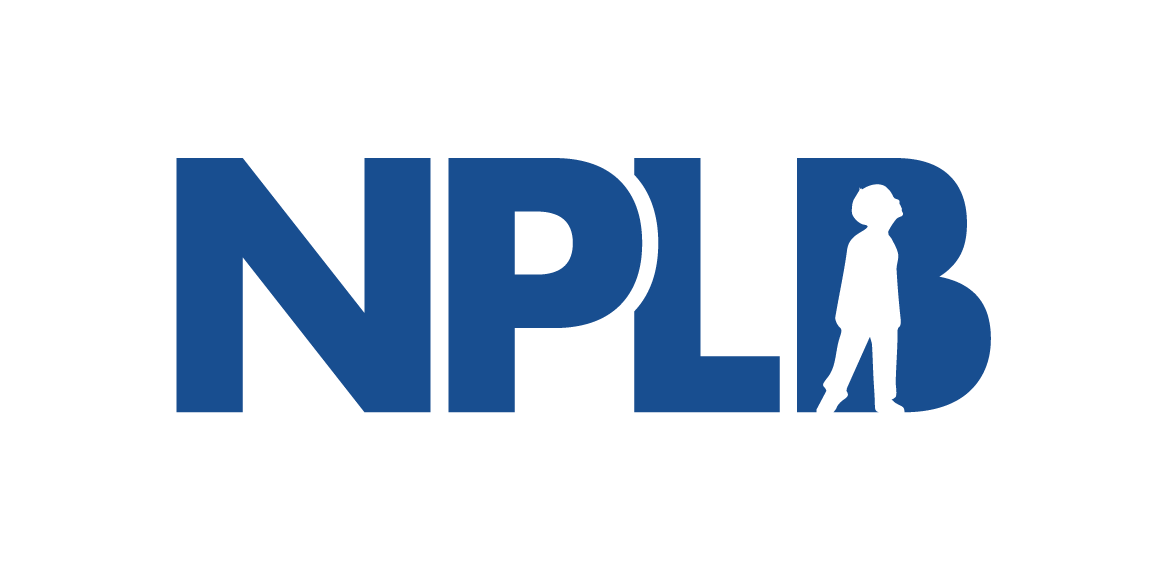THE STAKES HAVE NEVER BEEN HIGHER. LEARN MORE ABOUT OUR COMMUNITY

NEW VIDEO
The Quest to
Cure Cancer
Biomedical Quests for breakthrough innovations happen all around us, but it’s a collective effort few know about.
Together, investors, innovators, policymakers, healthcare leaders, and the public are working to help create a healthier future for all—and it’s time to tell that story.
No Patient Left Behind is a network of biotechnology innovators, investors, economists, healthcare professionals, and patients working together to support solutions that lower out-of-pocket costs and preserve incentives for innovation.
Our goals:
Eliminate out-of-pocket costs
Preserve and expedite development of the cures we still need
Ensure drugs go generic on time
Inspire all countries to appreciate the value of medicines and contribute their fair share to incentivizing innovation
NEW UPDATE
Read Our 2025 Impact Report
Check out our 2025 Impact Report highlighting how NPLB is driving real policy impact, from defending and modernizing the FDA + NIH to shaping conversations on MFN, IRA, insurance reform, and more. Plus, learn how we’re mobilizing our expert coalition to build public trust, center patient voices, and prepare the next generation to protect both innovation + access.

New medicines
benefit all of us.
New treatments and cures help more than just those who need them today.
When a sick person gets better, their family and colleagues benefit, their caregivers are liberated to help others, and everyone’s productivity is restored. And we all derive some peace of mind knowing that medicines will be available to us should we fall ill. Every medical advance is a permanent step forward, expanding society’s medicine cabinet and forever upgrading human health.

Drugs must go generic without undue delay.
Drug manufacturers that block generic entry skirt the intent of the patent system: to promote innovation and ensure that advances become inexpensive.
Congress should strengthen existing laws and create new regulations that ensure drugs go generic without undue delay, getting society maximal value for what it pays for medicines, freeing up room in society’s budget to incentivize yet more novel medicines, and spurring industry to keep innovating, offering hope for patients still waiting for their cures. But whether the medicines are novel or generic, it is the role of proper insurance to make appropriate treatments accessible and affordable to everyone who needs them.

Health insurance is broken for many.
Medicines save lives, but out-of-pocket costs and inappropriate denials block access.
Insurance should cover prescribed treatments without high out-of-pocket costs. Otherwise, what are premiums for?
Featured Resources
Press Releases
Become a First Responder & Thought Partner
Sign up to receive action alerts. Our letters get read in Congress because of the credibility of our First Responders and their willingness to sign on. Help protect access to lifesaving medicines & preserve innovation for those still waiting for a cure. Your signature can make a difference.
Join the conversation.
Follow us here for advice on how to deal with health insurance companies, insights into the root of healthcare problems you read about elsewhere, and news of our initiatives.
Your stories can make a difference.
Share your experience and join us in advocating for change.










